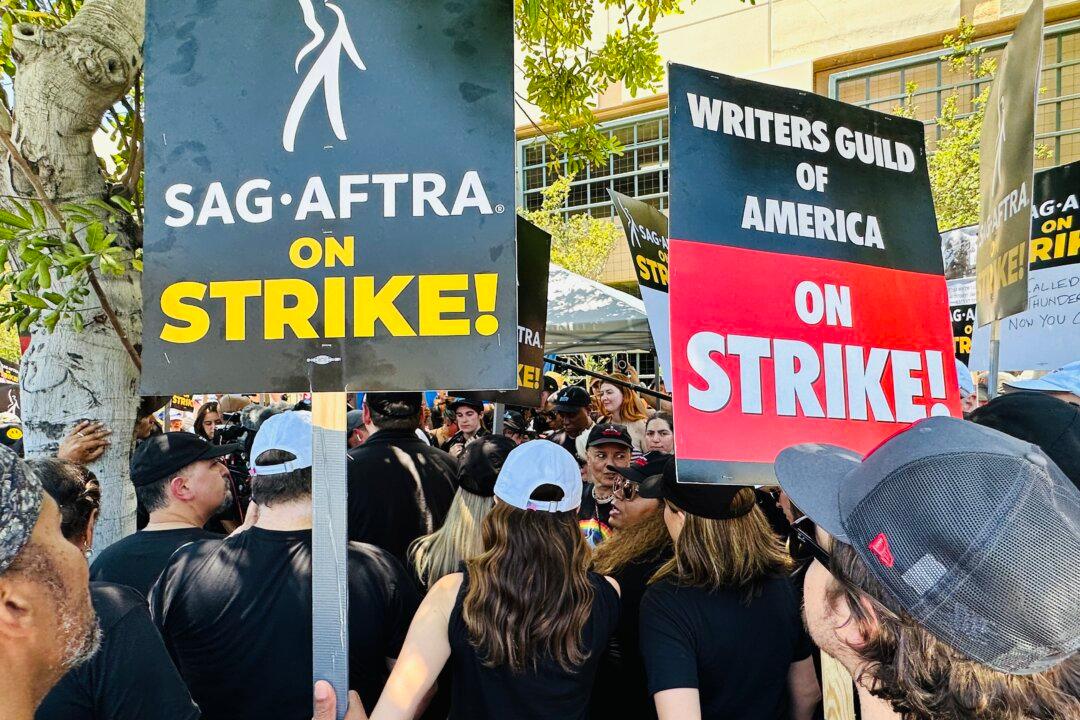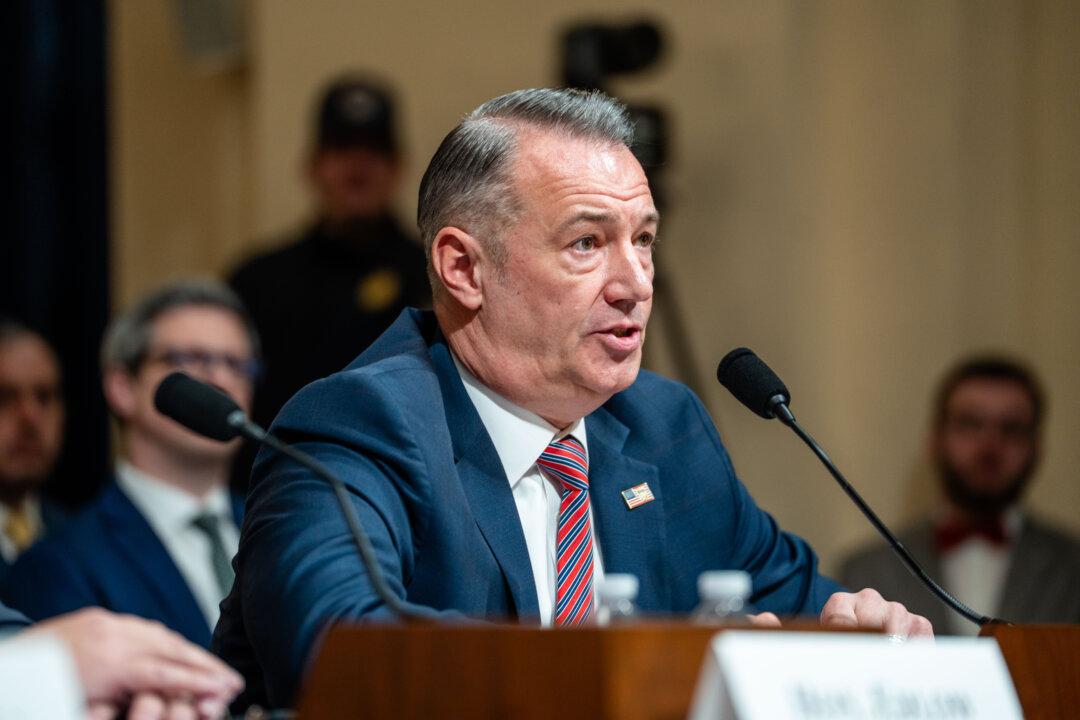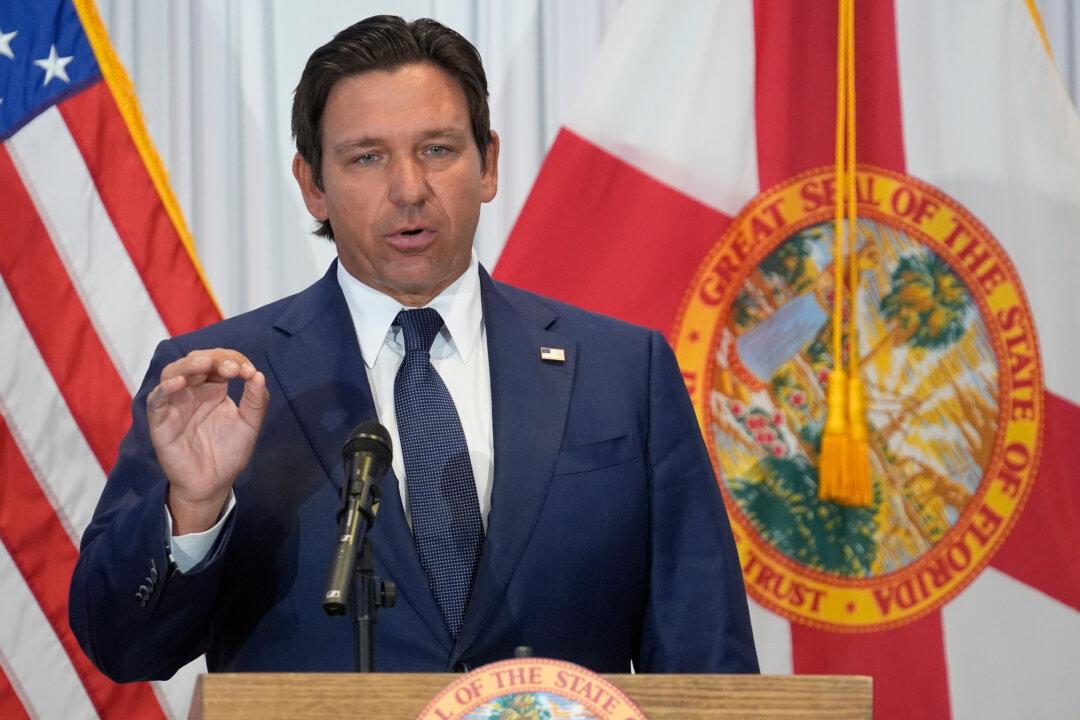BURBANK, Calif.—Despite temperatures reaching the mid-90s on July 18, thousands of Hollywood actors and writers continued to picket outside major studios, striking together for the first time in more than 60 years.
Tempers also flared this week as the Screen Actors Guild-American Federation of Television and Radio Artists (SAG-AFTRA) criticized the Alliance of Motion Picture and Television Producers (AMPTP), which represents over 350 television and film production companies in the United States.





